Discover Your Roots
SIGN UPDiscover Your Roots
SIGN UPPercy is a male name of English origin, meaning "Pierce Valley." Derived from the English surname Percy, it has Norman roots, originating from the House of Percy in Normandy. The name gained popularity as both a surname and a given name, often used as a short form for names like Percival and Perseus. Notable figures with the name Percy include Percy Bysshe Shelley, an English poet, and Percy Jackson, the main character in the book series "Percy Jackson & the Olympians." The name has also been featured in fictional characters such as Sir Percy Blakeney in "The Scarlet Pimpernel" and Percy Weasley in the "Harry Potter" series. With its English heritage and association with valiant literary and fictional figures, the name Percy carries a sense of strength and historic resonance.
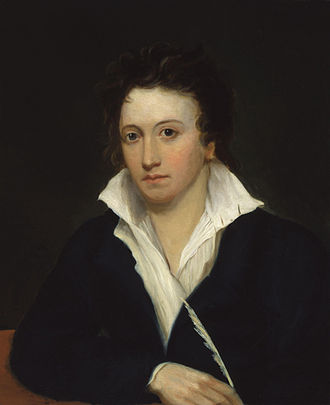
Percy Bysshe Shelley, born on 4 August 1792, was a revolutionary English writer and a prominent figure of the Romantic era. Despite not gaining fame during his lifetime, his impact on poetry and literature has been profound, influencing generations of poets such as Robert Browning, Algernon Charles Swinburne, Thomas Hardy, and W. B. Yeats.Shelley's poetic prowess and advanced sceptical intellect have earned him recognition as a superb craftsman and a lyric poet without rival. His notable works include "Ozymandias," "Ode to the West Wind," "To a Skylark," "Adonais," and "The Mask of Anarchy," showcasing the complexity and depth of his poetic imagery and mastery of verse forms.In addition to poetry, Shelley wrote philosophical essays and political ballads, addressing themes of atheism, social issues, and philosophical ideologies. His writings, though often not published in his lifetime due to their controversial nature, gained popularity in radical political circles and garnered admiration from diverse figures like Karl Marx, Mahatma Gandhi, and George Bernard Shaw.Shelley's life was marked by personal challenges, including family crises, ill health, and societal backlash against his unconventional views. His decision to go into self-exile in Italy in 1818 led to a period of prolific creativity, during which he produced some of the finest poetry of the Romantic period. Tragically, Shelley's life was cut short when
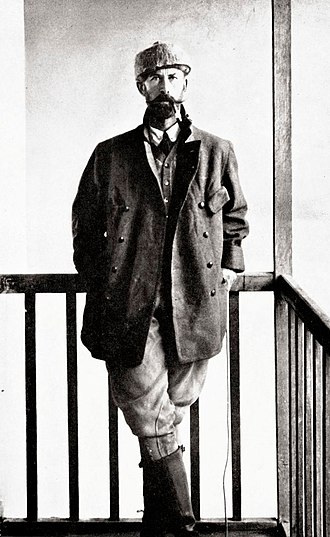
Percy Harrison Fawcett (18 August 1867 – disappeared 29 May 1925) was a renowned British geographer, artillery officer, cartographer, archaeologist, and explorer of South America. He vanished during an expedition in 1925, along with his eldest son, Jack, and one of Jack's friends, Raleigh Rimmel, while searching for an ancient lost city believed to exist in the Amazon rainforest.Fawcett was born in Torquay, Devon, to the Fawcett family, known for their shipping magnate background in the East Indies. His career as an explorer began in 1906 when the Royal Geographical Society sent him to Brazil to map the jungle bordering Bolivia. Over the years, he made several expeditions to South America, claiming to have encountered mysterious animals and tracing the sources of various rivers.Fawcett's fascination with a "lost city" called "Z" and a secondary destination, an ancient city described in Manuscript 512, led him to explore the uncharted territories of the Mato Grosso region in search of these enigmatic places. His expeditions involved building amicable relationships with indigenous peoples and showcasing a jade statue with inscriptions that he believed held supernatural power over the tribes of the Amazon.Despite the ridicule and skepticism he faced from the scientific community, Fawcett's adventurous spirit and dedication to uncovering the mysteries of the Amazon made him a legendary figure in exploration
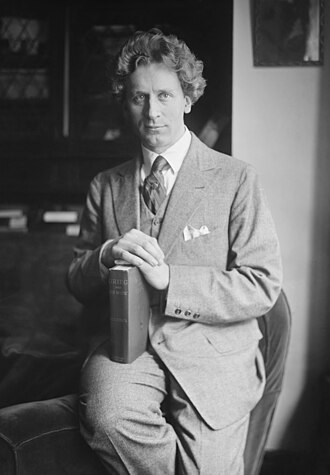
Percy Aldridge Grainger, born George Percy Grainger, was an Australian composer, arranger, and pianist, renowned for his innovative musical career. He played a pivotal role in revitalizing interest in British folk music in the early 20th century. Grainger's most acclaimed work is his piano arrangement of the folk-dance tune "Country Gardens." He left Australia at 13 to study at the Hoch Conservatory in Frankfurt, later establishing himself as a prominent figure in European music circles. Moving to the United States in 1914, he became a citizen in 1918. Grainger's passion for Nordic music and culture led to significant friendships with Frederick Delius and Edvard Grieg. Despite his experimental and unusual compositions, he experienced health issues in his later years, considering his career a failure. His legacy includes the establishment of the Grainger Museum in Melbourne and numerous concerts and compositions. Grainger's early life was marked by the influence of his father, John Grainger, an esteemed architect, and his mother, Rose Annie Aldridge, who educated him at home and supervised his music and literature studies. His precocious musical talents and early artistic gifts set the stage for his remarkable career as a musician and composer.
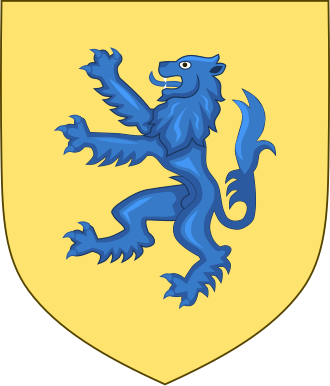
The Percy family is an ancient English noble family, known for their long rivalry with the House of Neville, which led to the Wars of the Roses in England. The family descends from William de Percy, a Norman who crossed to England after William the Conqueror. The Percy surname derives from the manor of Percy-en-Auge in Normandy. Members of the family have held the titles of Earl of Northumberland or Duke of Northumberland to this day, in addition to Baron Percy and others. The Percys' line played a large role in the history of both England and Scotland, with nearly every Percy serving as Warden of the Marches. The family's fortunes became permanently linked with Alnwick Castle in 1309 when Henry de Percy, 1st Baron Percy, purchased the castle. Henry de Percy, 2nd Baron Percy, was granted the lands of Patrick IV, Earl of March, in Northumberland by Edward II in 1316, and improved the size and defenses of the castle. The Percys were staunch Lancastrians during the Wars of the Roses, with the third Earl and three of his brothers losing their lives in the cause. Their history is rich with political maneuverings and involvement in significant events throughout English and Scottish history.
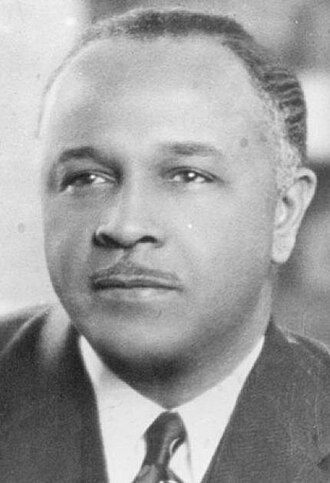
Percy Lavon Julian (April 11, 1899 – April 19, 1975) was an American research chemist known for his pioneering work in the chemical synthesis of medicinal drugs from plants. He was the first person to synthesize the natural product physostigmine and played a key role in the industrial large-scale chemical synthesis of human hormones like progesterone and testosterone from plant sterols. His groundbreaking work laid the foundation for the production of cortisone, other corticosteroids, and artificial hormones, leading to the development of birth control pills. As one of the first African Americans to earn a doctorate in chemistry, Julian made significant contributions to the field, receiving over 130 patents throughout his career. Despite facing racial prejudices and challenges, he pursued higher education and achieved academic success, ultimately obtaining a Ph.D. in chemistry from the University of Vienna. Julian's remarkable achievements and groundbreaking contributions have left an indelible mark on the fields of chemistry and medicine, earning him recognition as a trailblazing figure in scientific research and innovation.
All images displayed on this page are sourced from Wikipedia or Wikimedia Commons.We use these images under their respective Creative Commons or public domain licenses. Wherever applicable, author attributions and license information are provided. If you believe an image is used incorrectly or outside its license terms, please contact us so that we can review and correct the issue.